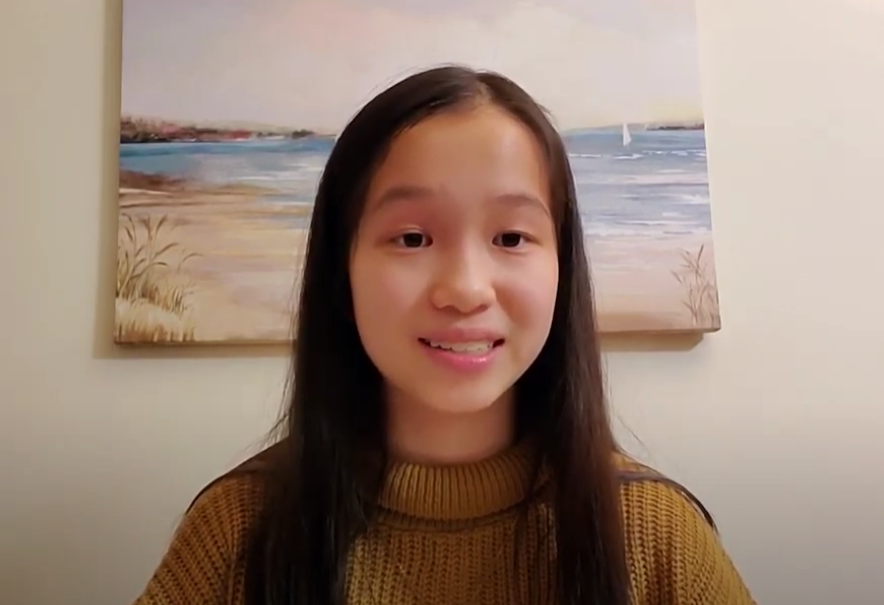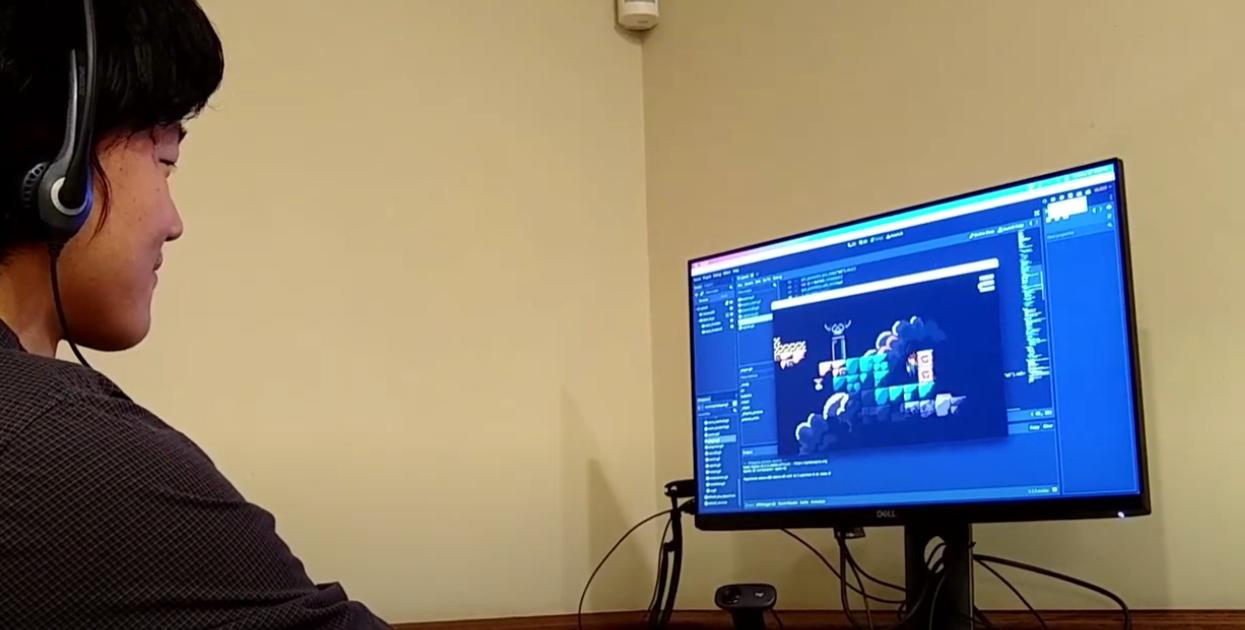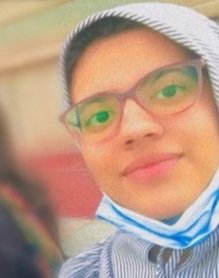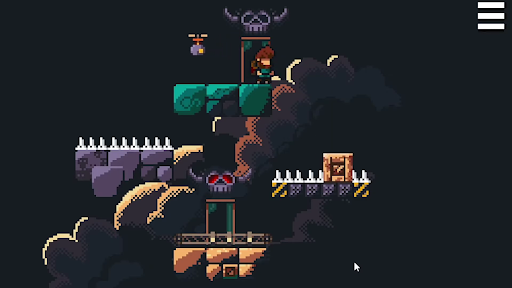Youth Game Design Challenge Winners Share Big Ideas Through Innovative Creations
Last year, the world’s first ever international youth game design challenge inspired young people ages 10-18 to dream up a game and code it into reality. The XPRIZE Connect Code Games: A Global Game-Making Challenge—supported by Endless Network—awarded 16 innovators, representing seven countries, with cash prizes for designing and developing original video games focused on equity, exploration, and the environment. (Read more about the competition, here).
Endless Network spoke to three of the winners to hear more about their experiences with the competition and their goals for the future:
Matthew, Chicago, IL - Banana Pie (Best In Class -- Playable Game, Exploration Theme; Best In Class – Playable Game, Open Platform)
Erica – New York, NY - Energy Tycoon (Best In Class -- Scratch)
Batool – Karachi, Pakistan – As We Should Have Done (Best In Class -- Written Game Design Document, Environment Theme)
Endless Network (EN): What is your game about?
Matthew: The game has evolved a bit since the submission - it’s focused on mental health and the submission version was mostly about someone who finds himself in a lost, dream-like world, where not much makes sense. He’s trying to figure out where he is and why he’s there. Eventually, after completing special challenges, he’s in a place where all the lost things go. But it’s changed a lot because I got feedback that people preferred the challenges and puzzle aspects that were built into the story, more than the story itself. The difficulty of the game was appealing. So all the storytelling is now located on B-Sides - there’s a secret within each B-Side, and you have to complete challenges to access it.
Banana Pie by Matthew
Erica: Energy Tycoon was supposed to be a beginner level introduction to different types of renewable energy sources. You start off with some energy points, which are used as currency in the game, and then you're able to spend them and then buy more machines, such as wind turbines, hydropower, solar panels, and geothermal. Each of them costs a different amount, and you can also get upgrades.
Batool: Karachi, my city, the city of light, is Pakistan's premier financial and industrial center, but unfortunately it has really poor garbage management systems. So my game revolves around that and how minimum wage relates to the systems. The gameplay was also inspired by my favorite game at the time, Minecraft.
EN: Why did you choose the topic for your game?
Matthew: Mental health was relevant to me - I had written some essays about it, so it seemed pretty natural to put into a video game and talk about it.
Erica: When I entered the challenge, I wasn't exactly interested in the environment, but I saw the theme and started the game with a basic level of knowledge: just the types of energy. But then I entered 9th grade, and I happened to have an environmental science class. My teacher was really passionate about the environment, and that rubbed off on me.
EN: Was this your first time working on a game?
Matthew: No. I’ve done Scratch before, I was addicted to it. Then I was in a rut and I took a break because I wasn’t interested. Then I discovered an open-source game called HYPERFIGHT and I wanted to “mod” it. I was like “I have no idea what I'm doing!” - so I figured I wanted to learn how to use the program by making a game myself. It became much more of a priority.
EN: What else did you learn through the design process?
Erica: Previously, I had been mostly doing beginner things on Scratch, and I hadn’t invested that much time into a single project before. For my game Energy Tycoon, I actually tried to plan it out. I took a piece of paper and I planned out some features that I wanted to go into it, and I wanted it to improve on the art that I'd done in the past to make it look more sleek. I learned that I can plan out projects, and it helps a lot, because then I'm able to piece it all together before and not have to fix it at the end if there are any bugs or glitches with the way it's laid out.
Batool: I think in making the game, it's not only making the game, it’s also thinking critically. You have to consider what others would think when they see this game. You need to see other points of view and ask, “would they like it or would they not like it? Would they enjoy playing it or not?” Everyone has a different view, so I can’t just focus on mine. I have to go for the majority. That's how I would make a proper rewarding game for me.
As We Should Have Done - by Batool
EN: What got you interested in creating games?
Matthew: This sounds cliché, but when I was making a puzzle game, I really liked seeing the “Eureka” moment on my friends’ faces when they figured something out (plus I liked seeing them struggle when they tried to figure it out). The best part is not telling them how to do it!
Batool: My sister actually introduced the competition to me. Even though I had recently started exploring computer science, I do not have a “proper” computer science background. So when she showed me the opportunity, I jumped onto it and I decided to take part in it.
EN: Do you have a favorite element of creating a game?
Matthew: I like accidentally making new mechanics because I’m not sure if that’s a result of me being bad at coding and accidentally making a mistake, but I like stumbling into things, rolling with it and seeing what happens.
EN: Are you interested in doing game design as a career?
Matthew: Yes! Especially now that I made some money from the game, I feel like I could potentially make money from my main passion.
Erica: I think I'm more oriented towards computer science things, and I think there are a bunch of possibilities related to that. I also do think teaching things would be nice, so maybe I could combine computer science and education together.
Energy Tycoon by Erica
Batool: I want to consider it as a career and this experience has actually motivated me a lot. Especially after winning the challenge, I have decided to pursue computer science and with no formal background - I had not studied computer science, and now I'm pursuing computer science as my major in University.
EN: If you were to make another game what would you make?
Matthew: I’m planning on making one right now with an artist I collaborated with, it’s a party card game that has a fighting-game play style. I can’t say more than that because we’re still developing the idea.
Erica: I'd want to make complicated games outside of the competition, so I've been trying to do that recently, but it's hard to stick to one single thing because I've noticed that there are a lot of components that go into a game. My standards for projects that I want to make are higher than before. And yeah, I think it'd be nice to make some games in my free time, but then at the same time, I have a bunch of things I also want to do on the side, like studying.
EN: What's your favorite video game to play?
Matthew: My current favorite game is modern Tetris.
Erica: I do sometimes play Tetris, if that counts. In fact, I founded a Tetris club at my high school. I like Minecraft, too, but it's been a while since I played.
EN: Do you have any advice for someone who’s getting into game design?
Matthew: Mess around, make sure you know the tool you’re using first, I’ve seen people write pages of cool plans but then have difficulty actually achieving those plans. Try to build the technical ability with practice, know what you’re doing, mess around with the tool, and know you can achieve your goals before getting started. I think it would be really positive if more people got into this because I feel like games are one of the best mediums for communication and expressing an idea to people.
Erica: So when getting into programming, I think it's nice to start out with more basic types of languages like Scratch because it's more graphic, more visual. And then you can work your way up with coding, because once you get used to coding basic things, then you can start working on improving art. And then as time passes, you're going to get better at coding. And then you're going to get better at art, too. It just improves with time.






